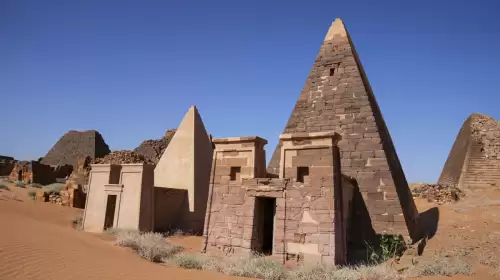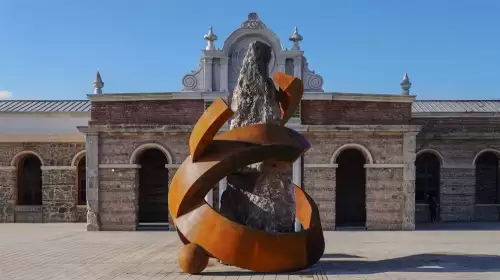More than 6.5 Million Visitors to Hagia Sophia Grand Mosque in Second Year as Mosque
Istanbul's historic Hagia Sophia Grand Mosque has welcomed over 6.5 million visitors in its second year since reopening as a mosque, revealed Istanbul Deputy Mufti Ahmet Aktürkoğlu.
Historical Background of Hagia Sophia
Hagia Sophia, an iconic monument, served as a church for 916 years until the conquest of Istanbul in 1453.
Transformation Over the Years
After the conquest, Hagia Sophia functioned as a mosque for nearly 500 years until 1934 when it was converted into a museum, a status it held for 86 years.
UNESCO World Heritage Site
Being one of Turkey's most visited historic sites, Hagia Sophia was listed as a UNESCO World Heritage Site in 1985.
Transformation Back to a Mosque
On July 10, 2020, a Turkish court decision revoked the 1934 decree that had designated Hagia Sophia as a museum, allowing it to resume its status as a mosque after 86 years.
Reconversion and Restoration
Hagia Sophia was officially reconverted into a mosque on July 24, 2020, with Turkish President Recep Tayyip Erdogan participating in the first Muslim prayer held inside the monument in 86 years.
Significance of Hagia Sophia's Conversion
Deputy Mufti Aktürkoğlu highlighted the historic importance of Hagia Sophia's conversion to a mosque, stating that it was a significant event in Islamic history.
Visitor Numbers and Interest
Since reopening, Hagia Sophia has seen a surge in visitors, hosting over 6.5 million people in its second year as a mosque, attracting both locals and tourists.
Increased Interest During Bayram Holidays
During the Qurban Bayram, Hagia Sophia received over 120,000 visitors daily, showcasing the growing interest in the monument among people from various backgrounds.
Role in Conversion and Community Events
Hagia Sophia has become a place where conversion ceremonies to Islam are held, with an average of three to five events taking place daily, attracting individuals from around the world.
Management and Educational Activities
The mosque is managed by an administrative board, with a scientific committee overseeing research activities at the Hagia Sophia Madrassa, where lessons on religious studies will resume in September.
Symbolic Importance of Hagia Sophia
Aktürkoğlu emphasized the symbolic significance of Hagia Sophia beyond its function as a place of worship, stressing the responsibility of Muslims to preserve its heritage and spiritual essence.





